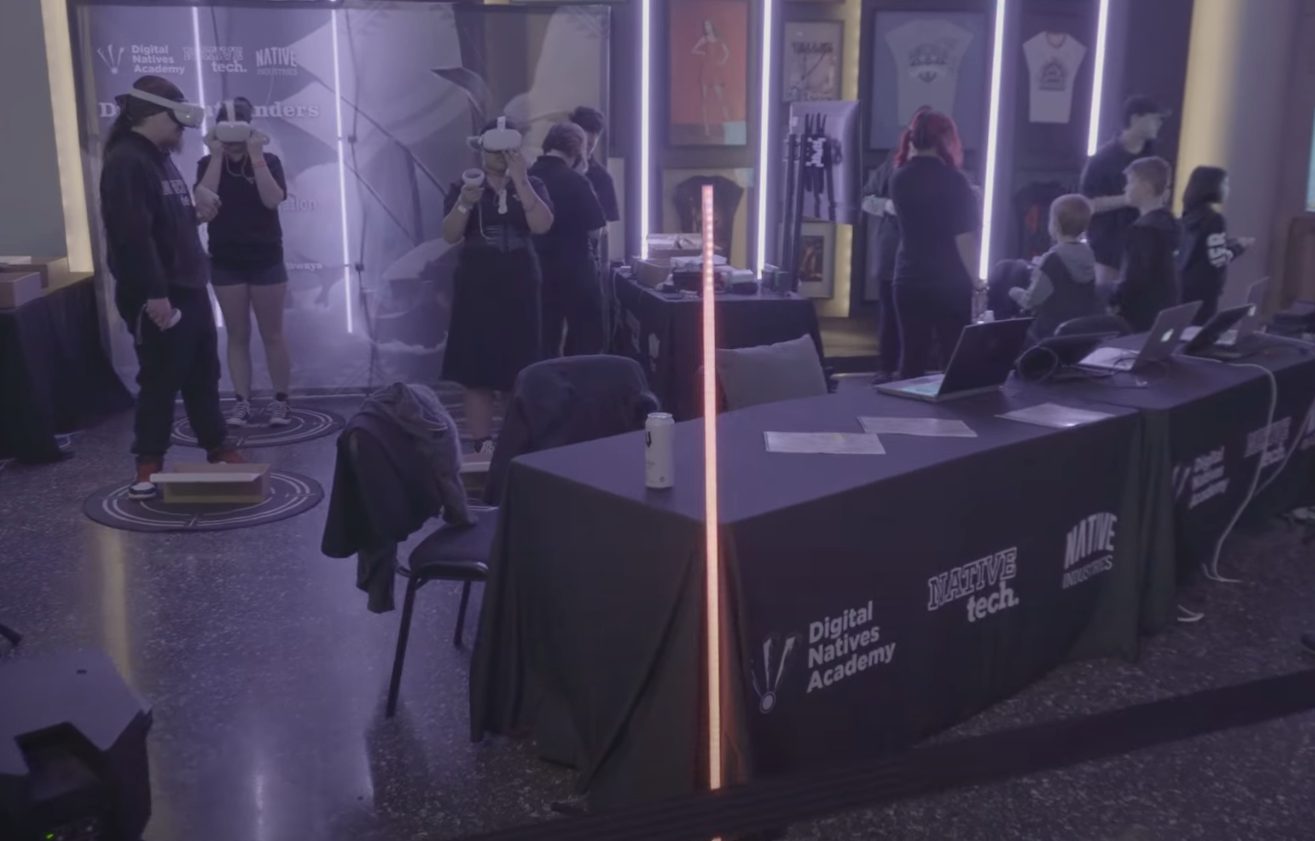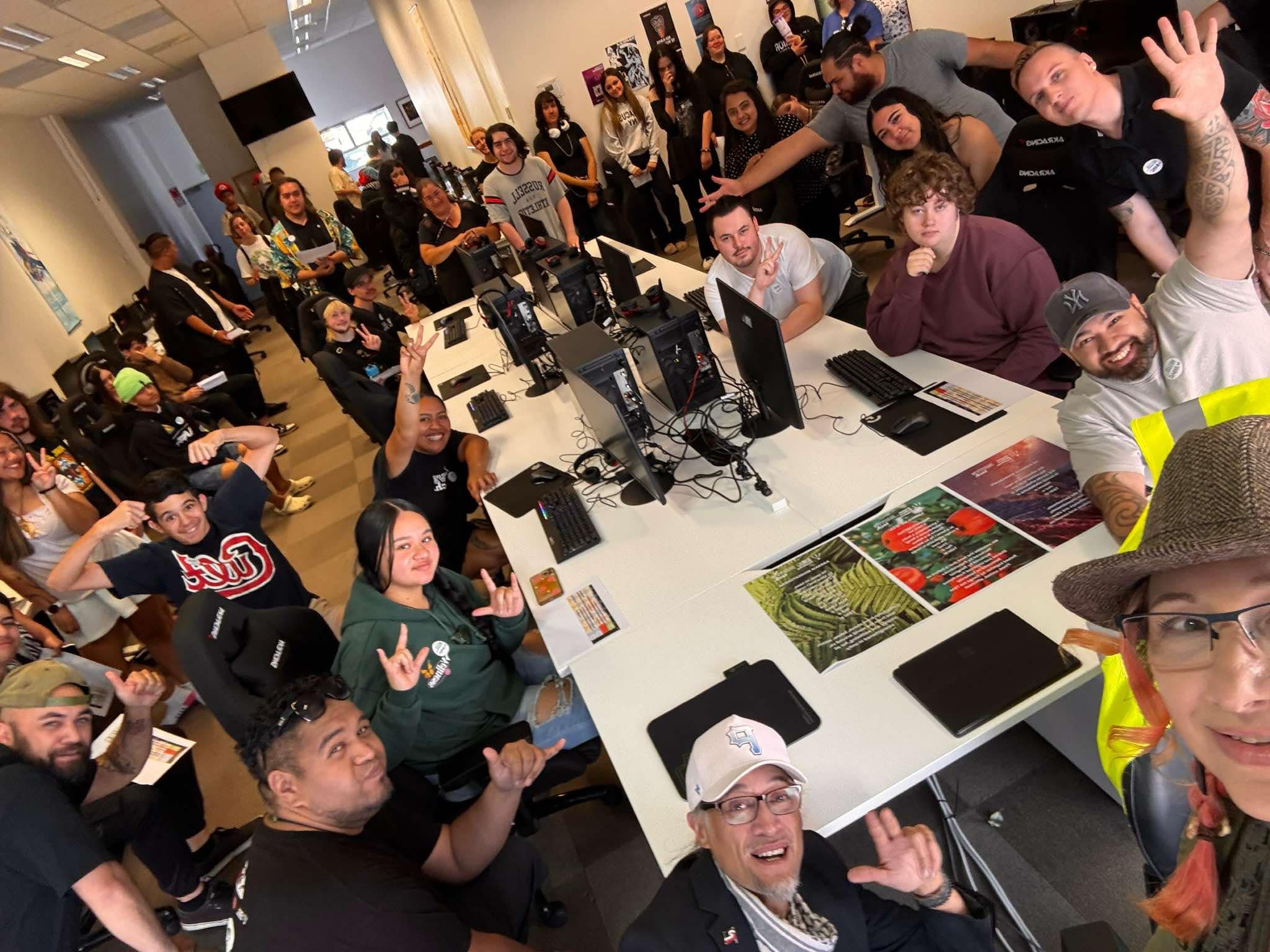Kia ora e te whānau,
Ko Ngongotahā te maunga.
Ko Te Utuhina te awa.
Ko Rotorua-Nui-a-Kahumatamomoe te moana.
Ko Ngāti Whakaue te iwi.
Ko Tunohopu te marae.
Ko Kameta tōku whānau.
Ko Isaiah tōku ingoa.
Ko Te Arawa ahau.
Tēnā kautou, tēnā kautou, tēnā kautou kautoa.
Growing up here, surrounded by steaming geysers, bubbling mud pools, and the sacred lakes of Te Arawa, I’ve always felt that the whenua (land) speaks to us. It reminds us that the earth is alive, breathing, and watching how we care for it.
He Ao Māori – A Māori Worldview
What I have learned is that from a rangatahi (youth) Māori perspective, climate change isn’t just about carbon emissions or rising sea levels, it’s about whakapapa (genealogy), balance, and kaitiakitanga (guardianship). Our whakapapa connects us to the natural world: Ranginui (the sky father), Papatūānuku (the earth mother), Tāne Mahuta (the forests), Tangaroa (the seas), and Tāwhirimātea (the winds). When one part of this whānau is harmed, the balance of the whole is disturbed.
Kaitiakitanga is not optional for us, it’s an inherited responsibility. Our tūpuna (ancestors) lived with the knowledge that every action impacts the generations that follow. To ignore climate change is to fail our mokopuna (future grandchildren).
Rotorua: A Reminder of Earth’s Power
Rotorua is a constant reminder that the earth has its own strength. The geothermal activity here shows us that Papatūānuku has a heartbeat. But it also reminds us how fragile balance is. Pollution in our lakes, deforestation, and unsustainable tourism have shown us what happens when humans forget their role as kaitiaki. Climate change is not a distant threat it’s already here. Longer droughts affect our kai (food systems), storms damage our marae, and rising temperatures put stress on our native species.
The Rangatahi Voice
As rangatahi, we don’t want to inherit a broken world. We want leaders who don’t just talk about climate change in Parliament or at global conferences but who also listen to the voices of young people, indigenous communities, and the whenua itself.
We believe solutions should come from mātauranga Māori (Māori knowledge) as much as from science. Planting native trees, protecting our awa (rivers), and changing how we travel and consume are not just climate strategies they are cultural imperatives.
Hope for the Future
Our tūpuna adapted to the harshest conditions by working with nature, not against it. If we return to those values, aroha (love), manaakitanga (care), whanaungatanga (relationships) we can find balance again.
Climate change is real, but so is our resilience. If we stand strong in our identity, listen to Papatūānuku, and act now, Rotorua and Aotearoa can lead the way in showing the world how indigenous knowledge and youth voices create real change.
He waka eke noa, we are all in this together.






